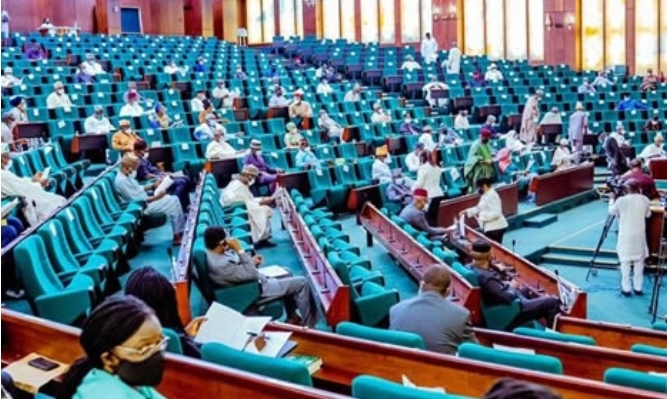In a landmark development, the Nigerian Senate has put forward a new legislative proposal aimed at creating an independent electoral body dedicated solely to managing local government council elections. The bill, titled the “Local Government Independent Electoral Commission (Establishment) Bill, 2024 (SB. 531),” was introduced by Sen. Sani Musa, Chairman of the Senate Committee on Finance.

The primary objective of this proposed legislation is to establish the National Independent Local Government Electoral Commission (NILGEC). NILGEC will function autonomously to organize, oversee, and conduct elections for Local Government Chairmen and Councillors across all states in Nigeria. The bill underscores the critical role NILGEC will play in ensuring that local government elections are conducted in a manner that is free, fair, and transparent.
Key provisions outlined in the bill empower NILGEC with several crucial responsibilities, including the maintenance of a credible voter register, the promotion of voter education and public awareness campaigns, the establishment and enforcement of electoral guidelines, the recruitment and training of electoral personnel, supervision of electoral activities, and resolution of electoral disputes. Moreover, NILGEC will develop procedures for voter registration, candidate nomination, and the provision of electoral materials and logistics.

The composition of NILGEC will consist of a Chairperson and six Commissioners, all appointed by the President and subject to confirmation by the Senate. Each member will serve a non-renewable term of five years, ensuring continuity and stability within the commission. The bill explicitly guarantees NILGEC’s independence, shielding it from undue external influence, with its budgetary allocations to be approved by the National Assembly to ensure financial autonomy.
In terms of electoral procedures, the bill mandates that NILGEC announce election schedules at least six months prior to the polling date, and that elections for local government councils be conducted every four years. Stringent measures against electoral offenses such as voter fraud, ballot tampering, and electoral violence are also detailed, with provisions for prosecution and punishment under the law.

Additionally, NILGEC is tasked with collaborating closely with governmental agencies, security forces, and civil society organizations to safeguard the integrity and credibility of the electoral process. Upon its establishment, all current responsibilities related to local government elections held by other bodies will be transferred to NILGEC, consolidating oversight and efficiency in electoral management.
The introduction of this bill represents a significant stride toward enhancing the transparency and effectiveness of local government elections in Nigeria. If passed into law, NILGEC will mark a new era in electoral governance, ensuring that the voices of citizens at the grassroots level are heard and respected through robust, accountable electoral practices.



